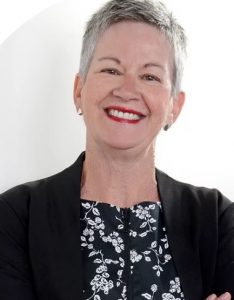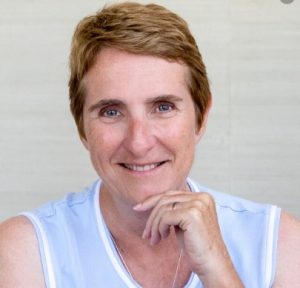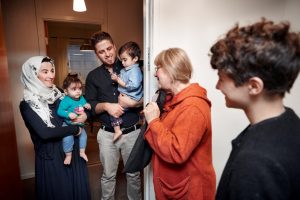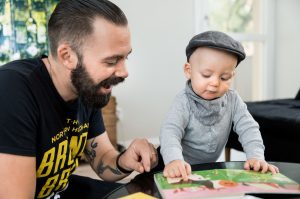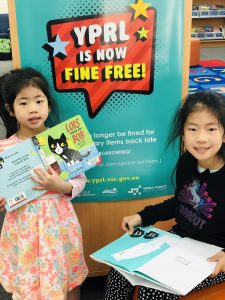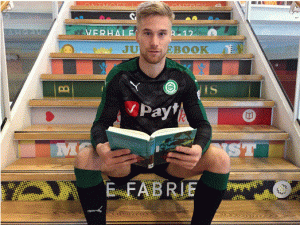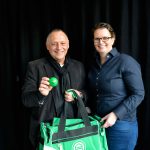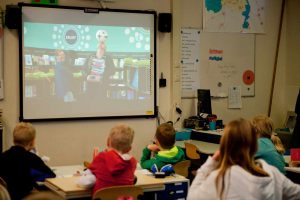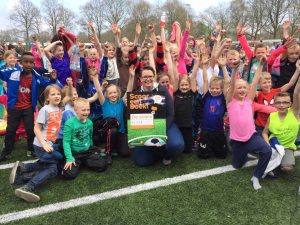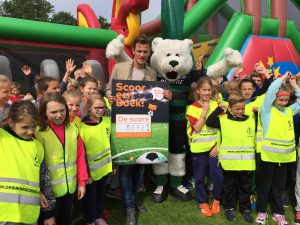Join IFLA Public Libraries and Literacy Reading Sections for our Reflecting Back and Tinking Forward Mid-term Seminar from 12-14 April 2021. We look at how public libraries have responded to COVID and how the lessons learnt will impact the future. We will also explore some of the great initiatives around reading and literacy that have emerged during this time and how we can expand on this. There will also be an opportunity to ‘meet’ the world’s Children’s Laureates/Ambassadors and hear of their vision for the future.
The exciting program is listed below.
All times listed in Amsterdam Time
April 12, 2021 – 9:30 – 10:30: Meet the Children’s Laureates/Ambassadors
April 13, 2021 – 10:00 – 11.30: The future of libraries in a post Covid world
April 13, 2021 – 12:00 – 13.30: Literacy and Reading during COVID
April 13, 2021 – 19:00 – 20:30: Public Library innovations in COVID (Portuguese)
April 14, 2021 – 10:00 – 11.30: Public Library innovations in COVID April 14, 2021 – 12:00 – 13.30: Reading together during a pandemic
April 15, 2021 – TBD: Public Libraries Business Meeting
Register for the program here: https://zoom.us/webinar/register/WN_pIoOA9c_T56egeBkYeMjRw
Our speakers include:
Panel: The Future of Libraries in a post Covid world
Mr Gene Tan, Assistant Chief Executive, National Library of Singapore https://www.linkedin.com/in/gene-tan-32316b63/?originalSubdomain=sg
Gene Tan is an Executive and Creative Director who has helmed 3 national projects working at the highest level of government & across people and private sectors – Singapore’s Bicentennial, SG50 Capstone Exhibition The Future of Us and the Singapore Memory Project. Top librarian who was Director of the National Library and President of the Library Association.
Ms Liz Jolly, Chief Librarian, British Library.
Liz Jolly has been Chief Librarian at the British Library since September 2018. She is responsible for teams delivering core activities such as collection development; services for researchers, learners, businesses and entrepreneurs; research strategy and digital scholarship; an extensive cultural programme of exhibitions, events, and the Library’s online presence. Liz has over twenty years’ experience in a variety of institutions in the university sector, most recently as Director of Student and Library Services at Teesside University. An Honorary Professor at Teesside, Liz is a Principal Fellow of the Higher Education Academy and a Fellow both of the CILIP and the RSA. She was Chair of SCONUL, the UK university library directors’ group, from 2014-16 and is a member of the Board of Governors at the University of Portsmouth. Liz is a Vice Chair of the SCONUL Content Strategy Group and a member of the Editorial Board of the New Review of Academic Librarianship.
Ms Christine McKenzie
Christine is the President of the International Federation of Library Associations and Institutions (IFLA) from 2019 to 2021, leading the library field under the theme “Let’s work together”.[4][5] Her mandate takes the results of projects as the IFLA Global Vision where librarians around the world created a bottom – up strategy[6] where one of the highlights and opportunities are related to focus on our communities and work more collaborative and develop strong partnerships.
Margaret Allen, State Librarian, State Library of Western Australia, Chair Public Libraries Section Committee. ALIA President 2011, ALIA Fellowship 2014, Public Service Medal 2018
Through her role as CEO of the State Library of Western Australia, Under Margaret’s leadership the State Library works in partnership with Aboriginal people through the Storylines Project to ‘build and maintain an online database of digitised heritage material from the library’s collections relating to Aboriginal history’ and through its Aboriginal Family History project offers training in information literacy, and research skills to support clients with family history research.
Margaret a long term contributor to IFLA, was engaged in the 2012 IFLA International Leaders Programme. As Chair of the Australian Libraries Copyright Committee (ALCC) and a member of the Australian Digital Alliance (ADA) Board of Directors Margaret is an active participant in the Australian copyright reform debates committed to copyright reform that enables fair access. Margaret was ALIA President for the 2011-2012 term of office. She represented libraries on the government’s Book Industry Collaborative Council and she is a valued member of the ALIA ebooks and elending Reference Group, presenting at think tanks across Australia during 2013.
Panel Facilitator: Erik Boekesteijn
Erik Boekesteijn is a senior advisor at National Library of the Netherlands as well as a facilitator and consultant for the International Federation of Library Associations and Institutions and a SLIS Fellow. Boekesteijn got his start in the Netherlands’ DOK Library in Delft, recognized as one of the most innovative public libraries in the world.
We look forward to seeing you all at our virtual catch up.
Register Here: https://zoom.us/webinar/register/WN_pIoOA9c_T56egeBkYeMjRw


